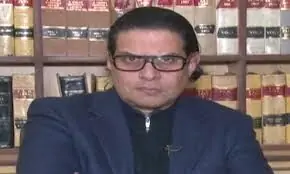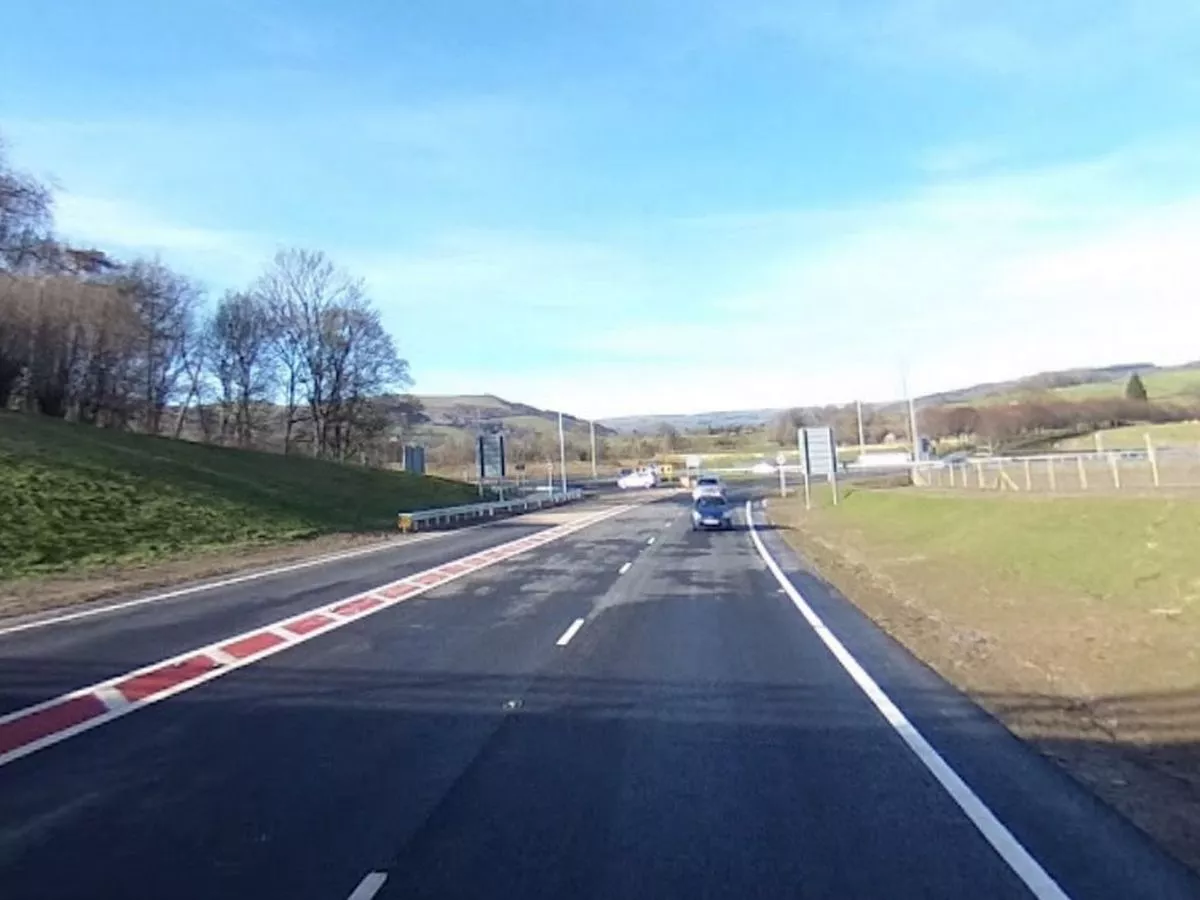By Mansoor Malik
Copyright dawn

LAHORE: Pakistan Tehreek-i-Insaf secretary general Salman Akram Raja says Imran Khan’s refusal to bow before any force is a testament that he wants to break the tradition of forming government on (establishment’s) crutches.
“We won’t take anybody’s support,” asserted Mr Raja while speaking at a news conference where he highlighted Commonwealth observers’ report on Pakistan’s general election and launched a white paper, “Healing Punjab – Healthcare Reforms, Reversals and the Road to Recovery” authored by Dr Yasmin Rashid and co-authored by Shayan Bashir at the Lahore Press Club on Monday.
He said the Commonwealth’s investigative team’s report had exposed the fraud election and forming of the government before the world. While reading some excerpts from the report, Mr Raja said the Commonwealth found that there was a massive overwriting and change of vote figures in Form-45 and Form-46 in favour of the government parties’ candidates.
“The changed election results had let the government parties’ candidates win in at least 90 to 95 national assembly constituencies,” he claimed and added that the PTI had filed election petitions but they were yet to be taken up by the courts.
He said the Commonwealth had also referred to the Pattan Development Organisation’s report on his NA-128 constituency and Dr Yasmin Rashid vs Nawaz Sharif’s NA-129 constituency, which gave the turnout of voters for NA seat at 95pc and for provincial assembly seat 40pc or less.
PTI launches white paper on health sector of Punjab
Mr Raja also said the PTI would not accept any constitutional amendment until this fraud election would be reversed and added the PTI would restore the Constitution in its original form.
Answering a question, Mr Raja said the party’s parliamentarians were leaving National Assembly and Senate committees on the instruction of Imran Khan. Explaining the reasons, he said Sunni Ittehad Council’s chairman Hamid Raza was chairman of the Human Rights Committee but none of his ruling was implemented.
“The whole Parliament has been paralysed,” he said and added that the PTI did not want the government to boast that it was carrying opposition members in its committees.
He said the state aggression against people had always backfired and put the country on backtrack during 1958 and Yahya’s, Zia’s and Musharraf’s regimes. Now, he said, the judicial system was being used as a political ploy.
Healing Punjab white paper’s co-author Mr Bashir gave a presentation on the transformation of Punjab’s healthcare system between 2018 and 2022, its dismantling between 2023 and 2025 and the ongoing collapse exposed by the 2025 floods.
The white paper explains the PTI’s reforms built Pakistan’s first universal healthcare model and offered Rs1m annual health coverage to Punjab’s 29.3m families through the Sehat Sahulat Card. More than 900 hospitals, including 654 private facilities, were empanelled. By 2022, 4.2, families had received treatment ranging from dialysis to organ transplants. Independent surveys recorded 98pc patient satisfaction. In 2021–22 alone, the government hospitals earned more than Rs10bm in revenue through the programme.
According to the white paper, alongside financial protection, the PTI recruited more than 33,000 professionals, upgraded 42 nursing schools and trained 200 anaesthetists, making all the DHQs operational for the first time. Over 1,200 BHUs were upgraded; the PKLI became Pakistan’s first JCI-accredited public hospital and performed more than 1,700 transplants.
As the PML-N returned to power, the white paper explains, the gains were reversed. In June 2025, Sehat Card services were suspended, stripping 29m families of protection. The private hospital network shrank from 654 to 155, forcing dialysis patients to pay Rs5,500 per session. More than 2,000 BHUs were outsourced and rebranded as “Maryam Nawaz Clinics,” many without staff, medicines, or electricity. Over 12,500 maternal and child health workers were dismissed.
The report says the ongoing floods revealed the cost of this governance failure. More than two million people got displaced, 1,400 villages submerged and disease outbreaks were rising. With clinics closed, health workers dismissed, and Sehat Card coverage suspended.
“Punjab faces a public health disaster on top of a natural one,” said Mr Bashir and added “This is not just a policy report. It is a rescue plan for Punjab”.
Published in Dawn, September 16th, 2025



